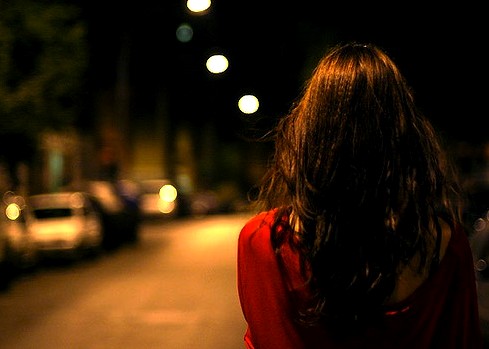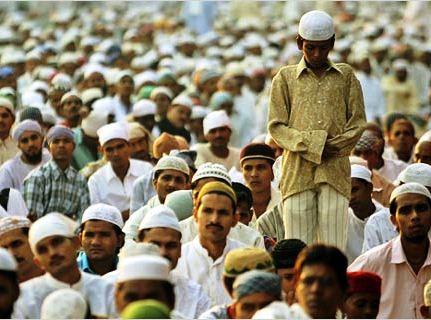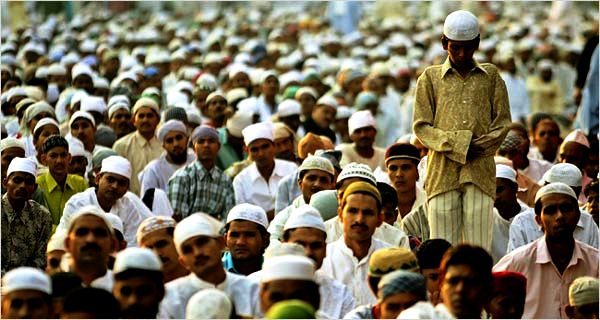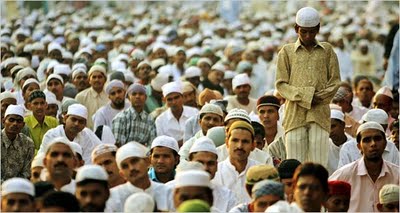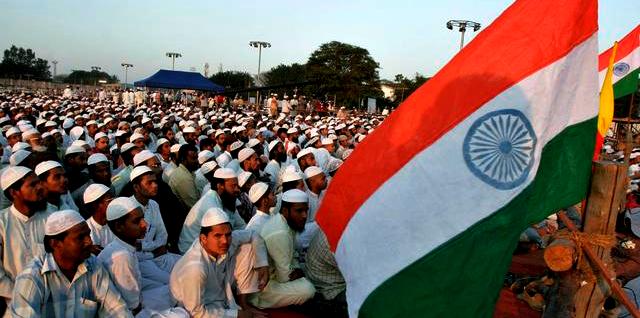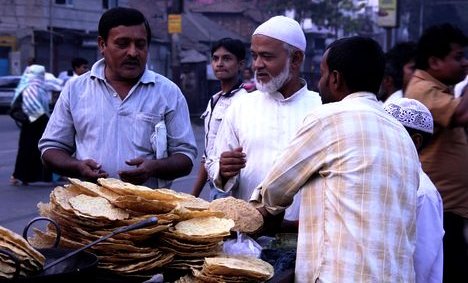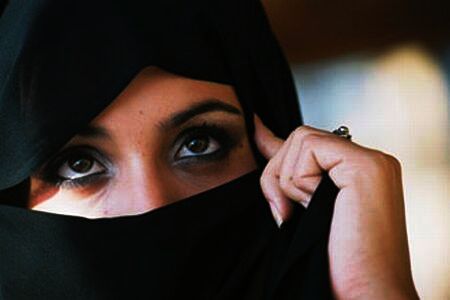Earlier I was Indian First but now I am only a ‘Muslim’
By Almas Naseem A newly established thought of being a minority has…
‘तुम मुसलमान नहीं हो, मैं ये दावे से कहता हूँ’
मुसलमान... ये ज़िन्दगी ख़ुदा की नेमत ये आवाज़ हक़-परस्ती खातिर फिर किस…
Where are the Leaders?
By Abdul Khaliq Following an article in Indian Express (‘Like never before,…
बदलता राजनीतिक परिदृश्य, सामाजिक न्याय और मुस्लिम समाज
Meraj Ahmad for BeyondHeadlines लोकतान्त्रिक देश में सबसे महत्त्वपूर्ण है चुनाव के…
The Arithmetic of Infinite Appeasement
Abdul Khaliq The ordinary Muslim dreads the period just prior to the…
A Letter from Muslim Youth- No Fiction but Facts
Dear Indians! You should not be wondering who I am because my…
My Name is Khan and…
Pain of a celebrity being an Indian Muslim Ram Puniyani Shah Rukh…
Dichotomy between Qur’anic Equality and Indian Muslim Caste System
Simeen Kaleem and Kartikey Shukla for BeyondHeadlines "O mankind! We (God) created…
Social Stratification among Muslim Communities in India
Simeen Kaleem and Kartikey Shukla for BeyondHeadlines How does the importance of…
In Search of Muslim Women Leadership
Shazia Shaikh for BeyondHeadlines As we are celebrating International women’s day today,…

